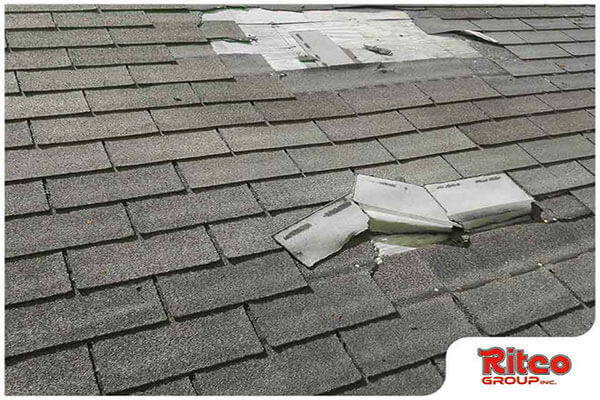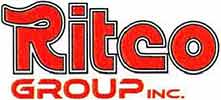If you have filed a claim for a residential roof or a commercial roofing system before, then you’ve probably seen the terms “ACV” and “RCV” thrown around. ACV stands for actual cash value while RCV means replacement cash value. These are some of the most important numbers in your claim and can show you just how much of your roof damage will be shouldered by your insurance provider.

Most companies cover storm damage on roofs, and, since inclement weather is part and parcel of a Tennessee fall, it’s important to understand ACV, RCV and their differences should your roof get damaged.
Actual Cash Value
In the world of roof storm repair, actual cash value means pretty much what its name says. Technically speaking, however, most insurance companies define ACV as the cost to replace your roof fully with a comparable or similar material, minus depreciation rates. In some cases, ACV can also be synonymous with “fair market value.” If your policy covers your roof for its ACV, you can expect to be awarded the actual cost of your roof on your claim.
Replacement Cash Value
Insurance companies may define RCVs differently. It’s important to consult your agent or your policy to determine just how your provider defines the replacement cash value of your storm-damaged roof. In a nutshell, you can think of RCV as the cost to replace damaged parts of your roof with a similar material in the same premises.
What’s the Difference?
ACV and RCV generally refer to the same thing when it comes to renovation roofing. Their only difference is that ACVs take into account the depreciation rate, that is how much value a property loses over time, when determining claim amounts.
Learn more about how to deal with storm damage insurance with the help of our professionals at Ritco Group, Inc. Give us a call at (931) 381-0175, or fill out our contact form to schedule a post-storm inspection visit and get a full report today. We serve homeowners in Brentwood and Murfreesboro as well as other neighboring communities.

